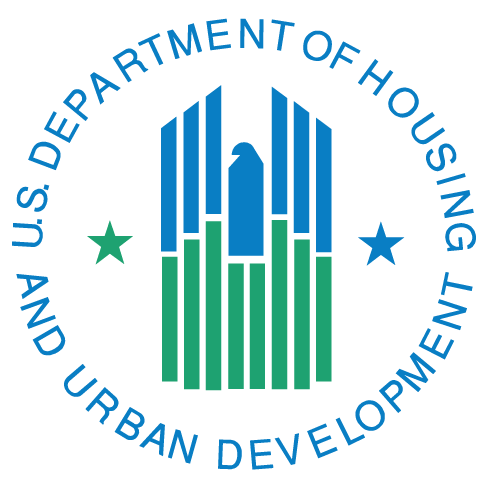HUD Issues Final Smoke-Free Public Housing Rule
Dec 05, 2016
 HUD released the final rule requiring public housing agencies (PHAs) to implement a smoke-free policy within 18 months. The final rule has only one change from the proposed rule (see Memo, 11/16/15), adding waterpipes (hookahs) to the list of prohibited products that include cigarettes, cigars, and pipes.
HUD released the final rule requiring public housing agencies (PHAs) to implement a smoke-free policy within 18 months. The final rule has only one change from the proposed rule (see Memo, 11/16/15), adding waterpipes (hookahs) to the list of prohibited products that include cigarettes, cigars, and pipes.
PHAs must design and implement a policy prohibiting the use of prohibited tobacco products in all public housing living units and interior areas (including but not limited to hallways, rental and administrative offices, community centers, daycare centers, laundry centers, and similar structures), as well as at outdoor areas within 25 feet of public housing and administrative office buildings (collectively, referred to as “restricted areas”) in which public housing is located.
In October, 2012, HUD sought public comment regarding how HUD could continue to support the implementation of smoke-free policies for public housing and multifamily housing (see Memo, 10/5/12). In October, 2014, HUD released Change is in the Air, an action guide for PHAs to voluntarily establish smoke-free policies in public housing and HUD-assisted multifamily housing (see Memo, 10/27/14). Since 2009, more than 600 PHAs have voluntarily implemented smoke-free policies in at least one of their buildings.
PHAs may, but are not required to, further limit smoking to outdoor designated smoking areas on the grounds of the public housing or administrative office buildings in order to accommodate residents who smoke. These areas must be outside of any restricted areas and may include partially enclosed structures. PHAs may also make their entire grounds smoke-free. NLIHC’s comments about the proposed rule expressed concern about giving PHAs discretion in providing designated smoking areas. NLIHC urged HUD to require PHAs to designate smoking areas that contained shade and seating conveniently located to each public housing building.
PHAs are required to document their smoke-free policies in the PHA Plans, a process that requires resident engagement and public meetings. The proscription on the use of prohibited tobacco products must also be included in a tenant’s lease, through an amendment process or as tenants renew their leases each year.
The preamble to the final rule discusses a number of issues raised by more than 1,000 comments submitted in response to the proposed rule. A person with mobility impairments or mental disabilities may request a reasonable accommodation to the smoke-free policy under Section 504 of the Rehabilitation Act of 1973. The final rule does not “grandfather” (exempt) current residents from the rule. Nor is there anything in the final rule to prevent or minimize adverse consequences of a PHA’s smoke-free policy from relying on residents to report violations.
NLIHC’s comments on the proposed rule raised concerns about the enforcement of smoke-free policies. NLIHC recommended HUD develop an enforcement policy for PHAs that avoided evictions which could lead to homelessness. NLIHC suggested HUD require PHAs to adopt a graduated enforcement protocol prioritizing education and smoking cessation. For example, a first violation would result in a verbal warning and smoking cessation materials. A second violation would add referral to resident services coordinator. A third violation would add a notice to vacate with an opportunity to remedy. Smoking would not be considered a lease violation until after the third violation in the year. At the end of a year the slate would be wiped clean. However, a fourth violation in a year would result in a notice to vacate without a chance to remedy.
The preamble to the final rule instead clearly states that any violation of a PHA’s smoke-free policy would constitute a lease violation. HUD suggests that termination of assistance for a single incident of smoking should not be grounds for eviction. HUD does encourage a graduated enforcement approach that includes escalating warnings with documentation to the tenant file, but does not establish national standards or require incremental steps. HUD states that enforcement provisions were not included in the final rule because lease enforcement policies are typically at the discretion of PHAs. HUD states that specific graduated enforcement procedures were not required because public housing leases are subject to different local and state procedural requirements that must be met prior to eviction.
HUD offers best practices regarding smoke-free implementation and enforcement at: http://bit.ly/1QypCMG
A HUD media release is at: http://bit.ly/2glJiek
The final rule is at: http://bit.ly/2gOdFKZ
HUD’s Smoke-Free Toolkit is at: http://bit.ly/1QypCMG
Information about PHA Plans is on pages 7-29 of NLIHC’s 2016 Advocates’ Guide at: http://bit.ly/2gJXqwd